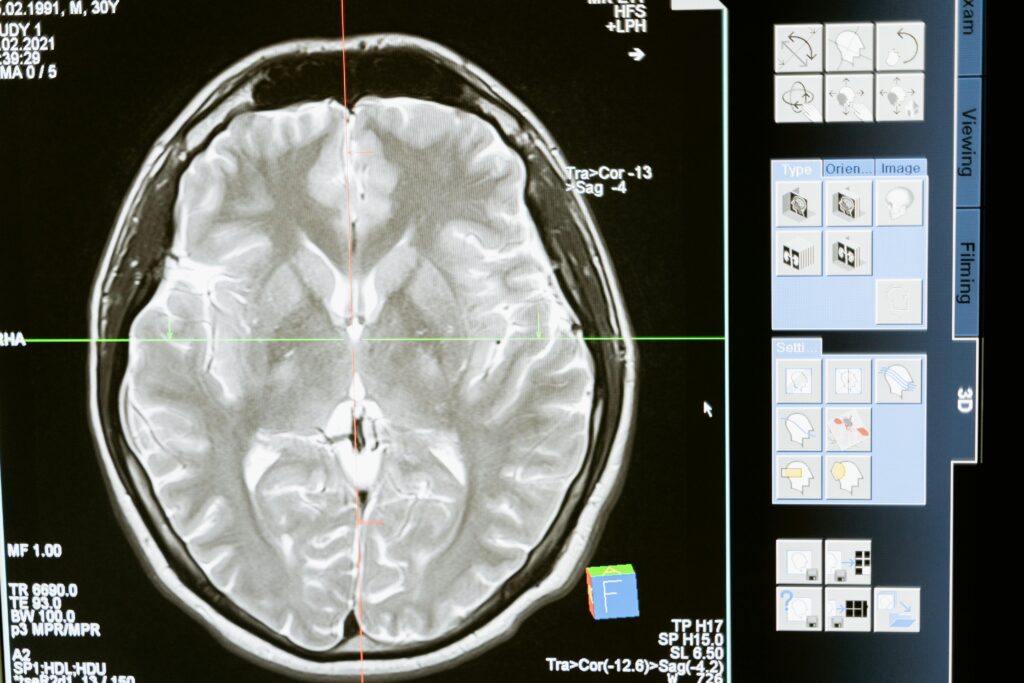Exploring the Impact and Challenges of AI Integration in the Healthcare Industry
Artificial Intelligence (AI) is playing a key role in significantly transforming healthcare systems around the world. AI has promised to revolutionize many aspects of patient care, treatment, and management of diseases. From predictive AI models for analytics to robotic surgery, AI has started to dominate and reshape every aspect of the industry. It not only improves patient outcomes but also reduces cost and enhances the quality of care provided to the patients.
In this article, we will discuss the growing application of AI in healthcare and examine its potential to transform medical services and operations. Several challenges, regulations, and ethical considerations that such a transformation face will also be dissected to arrive upon a realistic picture of the likelihood of seeing AI being massively integrated in patient care procedures.
Eventually, doctors will adopt AI and algorithms as their work partners. This leveling of the medical knowledge landscape will ultimately lead to a new premium: to find and train doctors who have the highest level of emotional intelligence.
Eric Topol
Advantages of AI in Healthcare
Early Disease Detection
AI based tools can analyze medical data including images, genetics, and patient records to identify disease patterns and diagnose diseases at an early stage . Such models are in the beginning stages and are merely deployed to be perfected and made better with their application in clinical practices. These tools can adequately assist the healthcare professionals to identify diseases and plan treatment in a better capacity to improve patient survival rates.
Personalized Healthcare with Cost savings

AI models are constantly being developed to make use of patient data to suggest a tailor-made treatment of any diseases keeping in picture the genetics, lifestyle factors, and medical history of the patient. AI technology promises to transform patient care by carrying out faster, accurate diagnoses, optimizing treatment channels and precisely predicting diseases onset. Thus, offering personalized treatment procedures with maximum benefits. The application of AI in healthcare can potentially ensure significant cost savings by cutting down upon long manual procedures, minimized hospital admissions, and optimal utilization of resources.
Operational Efficiency
AI is successfully deployed in administrative tasks in healthcare industry. The deployment of AI technologies assists with regular appointment scheduling, billing of medical procedure, and patient triage which allows healthcare professionals to give their undivided attention and expertise in patient care . Moreover, the application of AI reduces the chances of human errors while saving upon useful time and resources.
Drug Discovery and Pharmaceuticals
AI technologies are successfully deployed in the pharmaceuticals industry where they help in identifying potential drug candidates and accelerate drug discovery. It saves upon hours of time and effort, suggests safe drug candidates and optimizes the drug trial designs as well. It is directly helping the pharmaceutical industry in introducing effective and cheap drugs that would effectively address patient outcomes.

Universal Healthcare Access and Equity

Healthcare services powered by AI would be able to expand their access to patients even in the remote areas. Remote monitoring and diagnoses can be ensured so that patients receive easy access to healthcare, timely medication, and better management of serious and chronic illnesses from the comfort of their homes. Thus, AI can address the obstacle of distance and improve patient outcomes, making healthcare access universal. AI models offer similar line of treatment without bias which ensures reduced disparities in the quality of treatment and its associated outcome among the population. Healthcare policy makers can also leverage AI driven insights in determining targeted strategies to improve healthcare equity and ensure equal access to healthcare by all the sections of the society irrespective of their social class.
Challenges Facing AI in Healthcare
Security and Privacy Concerns Equity
There is a prime concern about the privacy and security of patient data that is utilized by AI technologies. Electronic Health Records (EHRs) and medical imaging are the prime areas of concern as sensitive information about the patients is prone to be leaked in case of any cybercrime attack. There is an utmost requirement of safeguarding sensitive information, prevent data breaches, and cyberattacks to win patient trust and promote AI integration.
Regulatory and Ethical Compliance
Many startup AI technologies in healthcare are prevented from being deployed owing to strict regulatory and compliance bodies. These regulatory authorities include FDA for medical devices and HIPAA regulations for data privacy and security. Thus, many companies have to invest time, resources, and expertise in navigating these regulatory obstacles which is hampering the introduction of new and improved AI models.
There are many ethical implications that serve as an obstacle to the introduction of AI technologies as well. These include bias in algorithm, patient autonomy, and informed consent. There is a mandatory requirement of ensuring transparency, accountability, and honesty in AI powered technologies to win the public trust and confidence in AI implementation.

Integration and Adoption
Many technological, cultural, and technical barriers pose as obstacles in the successful integration of AI in existing healthcare industry. Healthcare organizations require essential staff training, upgradation of infrastructure, and change management programs to ensure the smooth integration of AI technologies in clinical practice for maximized patient care.
Closing Remarksion
It is safe to state that the integration of AI in healthcare can tremendously transform patient care, enhance patient outcomes, and improve operational efficiency of the system. The potential to save upon useful human, monetary resources, and time is a big positive while making healthcare access universal and equal for all. Even the pharmaceutical industry can leverage AI algorithms to save upon time and resources in the discovery of new and effective medicine.
But it is important to realize that despite all the promises, a myriad of challenges are required to be addressed, including data safety, compliance to regulations, ethical aspects, and obstacles in integration of AI. So, as humans continue to work their way around integrating AI in healthcare systems, it is essential to prioritize patient safety, privacy, and ensure equal provision of healthcare to all. Responsible implementation of AI in healthcare can bring about a groundbreaking change to achieve better patient care while improving the quality of life.



